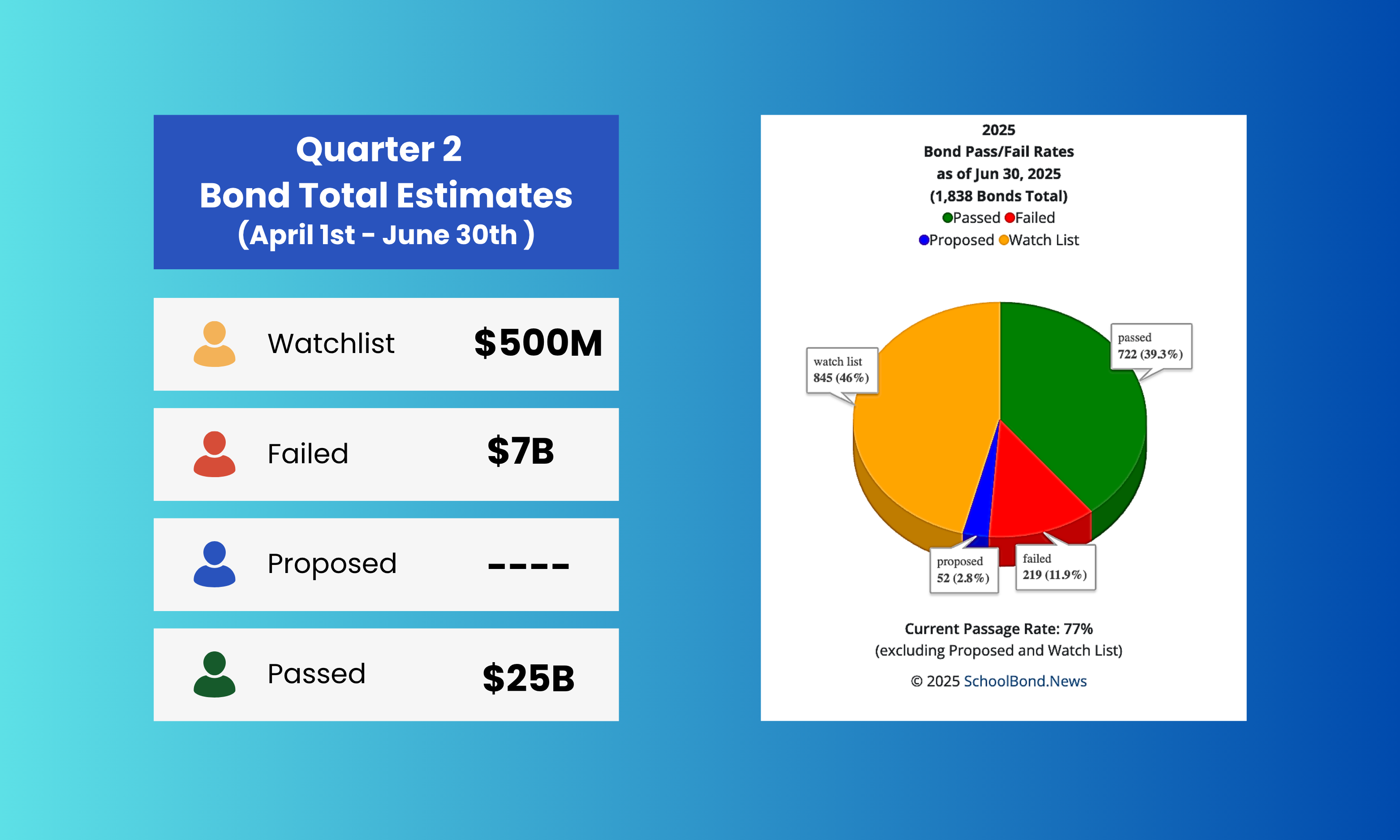A look at what is happening around the nation as we hit the halfway point of 2025. To address declining enrollment some districts are considering a 4-day school week. There's a growing movement towards implementing phone-free policies in schools and stricter regulations regarding the timing of school tax elections presented to voters.
As a cost-saving measure to address declining enrollment some districts are contemplating a 4-day school week. This often goes hand-in-hand with significant school budget worries, especially concerning operating levies, as seen in Florida. Districts frequently find themselves needing to pass operating referendums or balance budgets before they can even ask voters for money to fix or build facilities. The ending of federal COVID money has caused issues for districts. Districts now have the opportunity to focus on local priorities, such as building new schools.
Another recurring topic is the move towards phone-free schools. Articles and board meetings are having discussions about banning cell phones, and some states have already implemented such policies or require schools to do so. Ohio and Michigan, for instance, have introduced bills to limit cell phone usage in public schools.
More states are considering restrictions on when school tax elections can be presented to voters. For example Texas House Bill 19 and Senate Bill 1209, aimed to limit ad valorem tax rate increase elections to November uniform election dates. It did not pass in the Texas Legislature. Nebraska will see a new state law effective August 1, 2025, requiring referendum votes to be held at either a primary or general election. In Michigan, House Bill No. 4583, if passed, would limit tax elections to twice yearly, and then once annually (in November) starting in 2026. These changes could significantly impact how districts secure funding for critical projects.
Photo:©by Dzmitry Dzemidovich from Getty Images via canva.com
